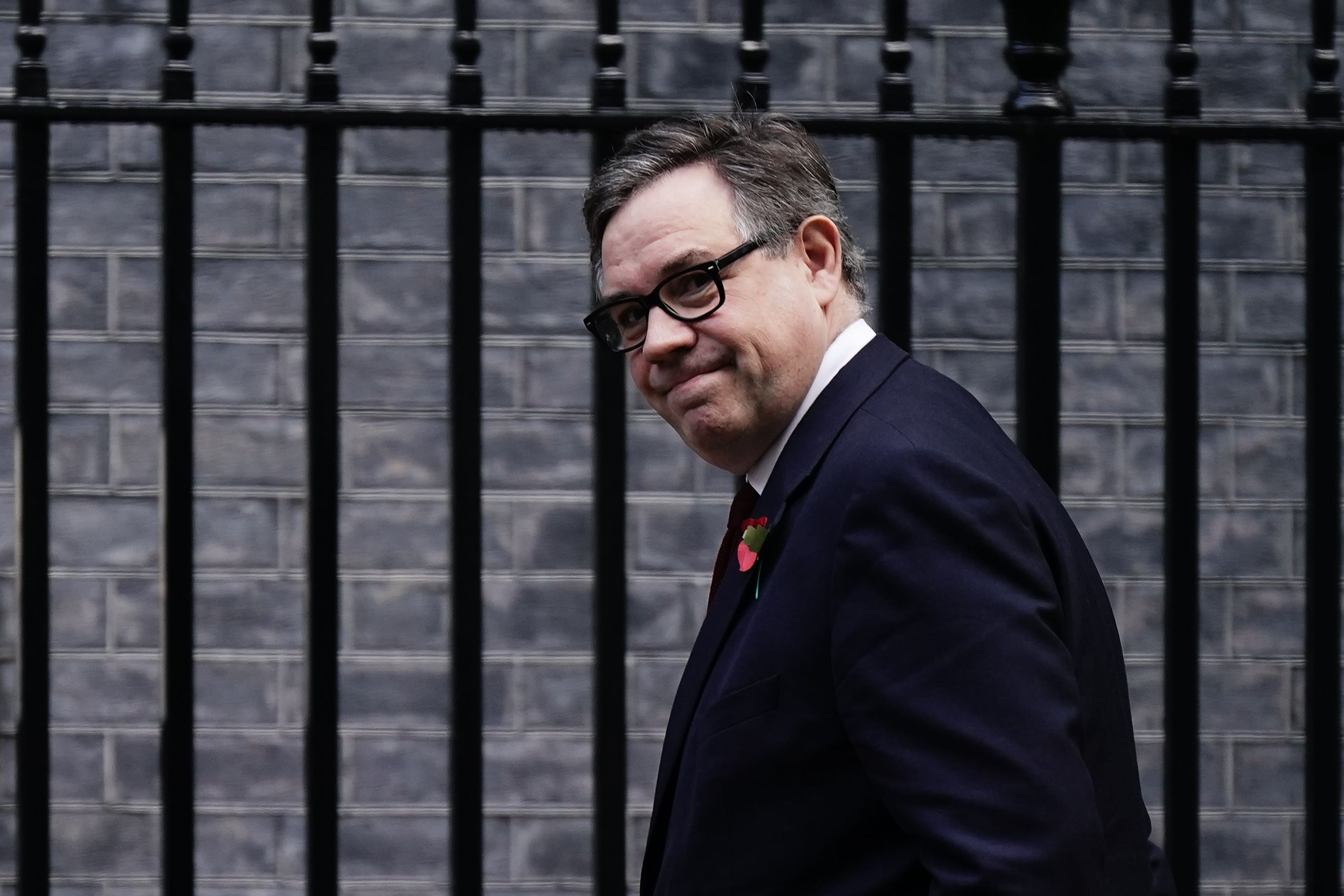Government aims to boost AI skills with experts from private tech firms
Cabinet Office minister Jeremy Quin said tech experts would be parachuted into government departments under a new secondment scheme.

Your support helps us to tell the story
From reproductive rights to climate change to Big Tech, The Independent is on the ground when the story is developing. Whether it's investigating the financials of Elon Musk's pro-Trump PAC or producing our latest documentary, 'The A Word', which shines a light on the American women fighting for reproductive rights, we know how important it is to parse out the facts from the messaging.
At such a critical moment in US history, we need reporters on the ground. Your donation allows us to keep sending journalists to speak to both sides of the story.
The Independent is trusted by Americans across the entire political spectrum. And unlike many other quality news outlets, we choose not to lock Americans out of our reporting and analysis with paywalls. We believe quality journalism should be available to everyone, paid for by those who can afford it.
Your support makes all the difference.The Government could pay the salaries of hundreds of private sector digital experts as it tries to improve its use of artificial intelligence (AI) and data, a minister has said.
Cabinet Office minister Jeremy Quin said the Government would parachute experts from tech companies into Whitehall departments in a new secondment scheme designed to make the Civil Service more efficient.
In a speech at the Policy Exchange think tank on Wednesday, Mr Quin said: “I know that there are people from the best tech firms in the country who believe in public service, who want to help with the biggest challenges facing society today.
“So we will create a pathway for them to join the Civil Service through a secondment and empower them to drive real, tangible change.
“We must attract and retain the best in digital talent so we can harness the power of digital, data and technology to deliver most efficiently and effectively for the public.”
Asked how the Civil Service would attract staff from tech firms, given the disparity in pay between the public and private sectors, Mr Quin said there is scope to be “flexible”, with secondees remaining on their companies’ payrolls and having their salaries recharged to the Government.
He added: “I know we’ve got a lot of good colleagues, I know a lot have come from the private sector, but this is such a fast-moving world, to have the experience of people coming in with fresh ideas straight from the private sector on a secondment basis, I think that has more to add.”
Existing civil servants could also see their pay increased if they can demonstrate particular skills.
I’ve got no problem with paying civil servants more for being more productive
Mr Quin said: “I’ve got no problem with paying civil servants more for being more productive.”
During his speech, the minister announced a series of other measures to improve the efficiency of the Civil Service and its digital capabilities, including using AI “confidently and responsibly”.
But he could not say how many jobs he expects to be cut from the Civil Service through greater use of AI and automation.
He said: “The jury is completely out. What we know is that AI will have a revolutionary impact on a whole range of sectors right the way across the economy, but that doesn’t necessarily mean you can draw an analogy in terms of ‘that means we need to have x thousand fewer people by a certain date’.”
Last month, the former head of human resources for the Civil Service told MPs that AI could see two-thirds of Whitehall jobs under threat.